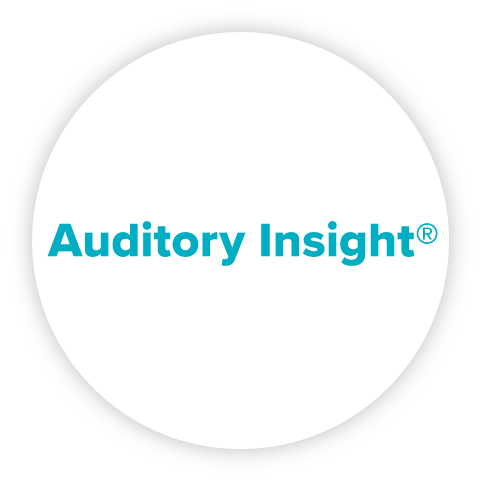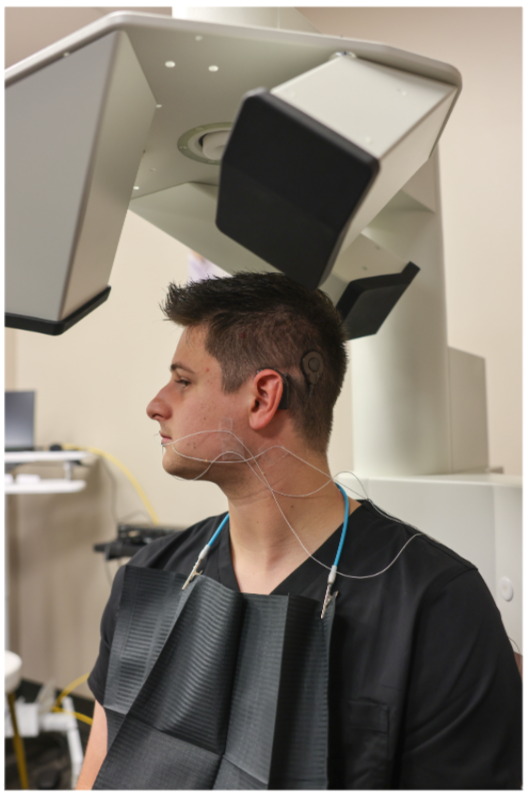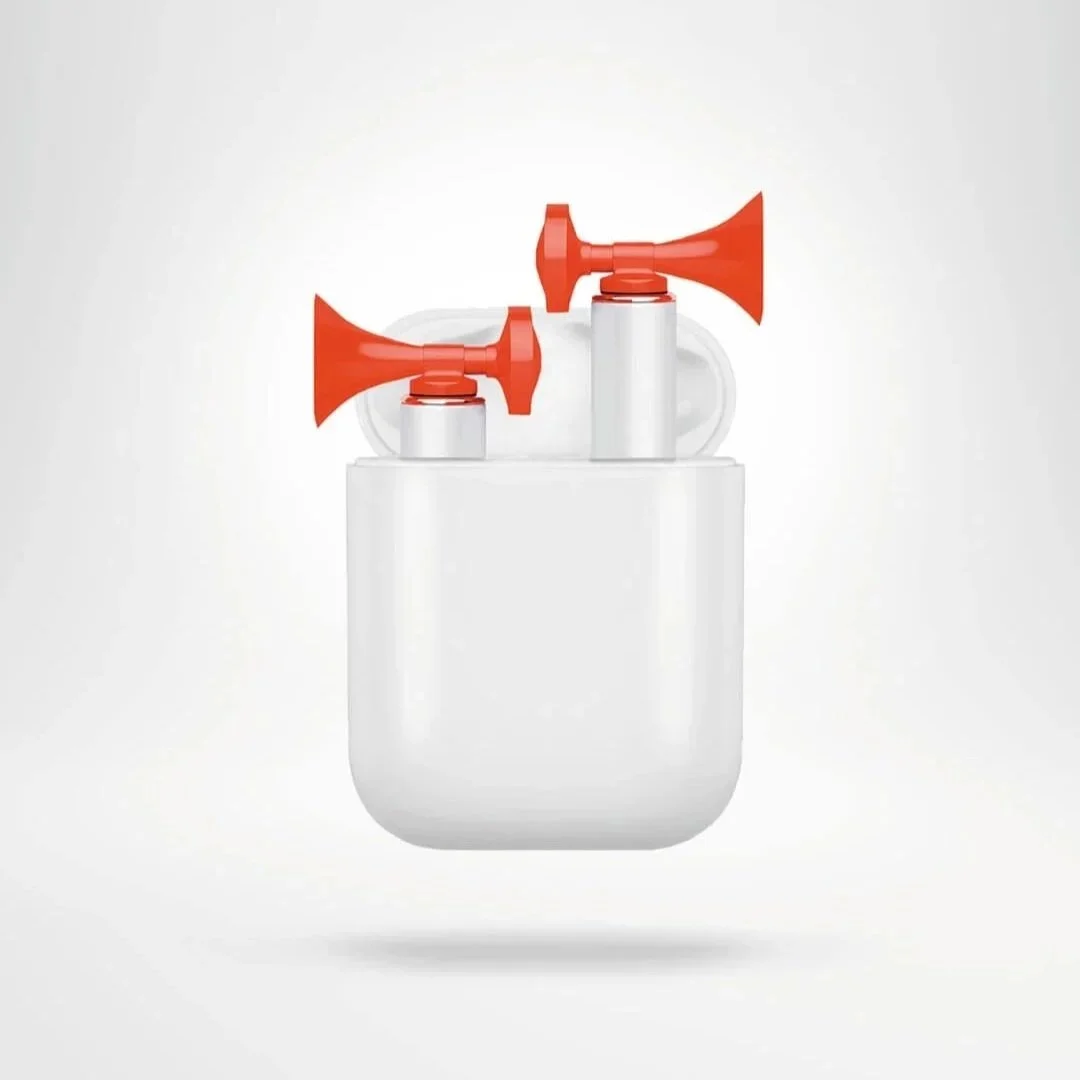By Nancy M. Williams
Cochlear implants are often recommended to patients with severe to profound hearing loss who no longer benefit from hearing aids. According to the World Health Organization, a person with severe hearing loss is unable hear a raised voice three feet away, while a person with profound hearing loss cannot hear a shouted voice in the ear.
Despite the benefits of cochlear implantation, adoption is low. Current cochlear implant (CI) usage among adults who are indicated for them is about 5 percent.
To investigate barriers to adult CI adoption, I partnered with Erin Schafer, Ph.D., a professor and audiologist at the University of North Texas. We curated, analyzed, and synthesized several recent publications in peer-reviewed hearing health literature to determine why patient demand and adoption lags.
We reached three important conclusions:
Uncertainty surrounding the outcome of cochlear implantation drives top patient concerns expressed in the studies.
Of the top five patient concerns, three center around whether a CI would improve communication ability and music appreciation better than hearing aids.
Variability in patient experience with the CI healthcare system and public perceptions about surgical risks exacerbate patient concerns about uncertain outcomes.
Considerable Uncertainty
An important foundation to understanding adult patient barriers to CI adoption is the wide range in outcomes. Patients’ 12-month postoperative speech perception ranges from 0 to 100 percent, according to a January 2022 Laryngoscope study that mined a multi-institutional outcomes database. (Dr. Schafer is a co-author of this paper.)
Patients experience significant uncertainty in the face of this wide range of outcomes. Generally patients who register higher speech recognition during their CI evaluation realize the best outcomes, a fact some clinicians may communicate during patients’ decision making process. Nonetheless, patients may still struggle when determining whether to proceed with the surgery. They may want to understand, for example, how their personal hearing loss history could impact their predicted outcome.
Patients’ willingness and ability to undergo rehabilitation could also play a sizable role. As a result of these factors, patients lack a process for predicting their outcomes with cochlear implantation.
Top Concern
In an Otology & Neurotology study from December 2021, patients indicated their primary concern with implantation is that a CI would not improve their ability to communicate. This study surveyed 52 patients from a single center and included roughly equal numbers of CI recipients and people who were candidates but did not opt to pursue a CI. We believe the uncertainty surrounding outcomes for cochlear implantation is the primary driver of this top patient concern.
Concerns about postoperative recovery, including waiting for CI activation and rehabilitation, is a second-tier barrier, as is the surgery itself. Patients expressed concern about the surgical risks of cochlear implant surgery, a concern which echoes public perceptions.
Importantly, a subgroup of respondents who had “personal knowledge of someone with a CI” found all risks acceptable. Familiarity with a patient reversed the public’s risk-benefit calculation to support for implantation. The implication is that peer meetings for CI candidates are crucial, even at the center level.
A 2018 Trends in Hearing report supports the finding that meeting someone who had a good outcome with a CI is an important motivator for getting the surgery.
Outcome Uncertainty
Expanding to the third tier in the Otology & Neurotology report reveals two additional patient concerns, losing music appreciation and that a CI is unnecessary because hearing aids suffice.
Fears surrounding loss of music appreciation originate in mixed postoperative outcomes, with some CI recipients reporting adequate music appreciation while others report their ability to play or listen to music is destroyed. Clearly limitations in CI technology impact music perception post-surgery.
Given the uncertainty of CI surgical outcomes, many patients are no doubt motivated to limp along with their hearing aids for as long as possible. This behavior is reflected in the research, showing the typical patient waits until their hearing loss reaches a profound level before proceeding with a CI, according to the Laryngoscope research and the Trends in Hearing study.
However, it is notable that insurance coverage of cochlear implants is far broader than for hearing aids. Original Medicare does not cover hearing aids, but it does cover cochlear implantation, with most private payers following Medicare’s lead. (The exception is Medicare Advantage’s limited co-pays and allowances for hearing aids.)
Opportunities for Change
While the industry moves toward developing standards and clinical guidelines for adult CIs, we see three important opportunities for CI centers:
Develop center-level data to summarize patient outcomes and time requirements
Help patient chart a personalized risk/benefit analysis
Create a center-level advocacy team of parents and patients.
Our conclusion is that the primary causative barrier to CI adoption is outcome uncertainty, exacerbated by process variability (such as the lack of an institutionalized screening program for adults like that for newborns) and reinforced by public opinion.
The programs of the three CI manufacturers—Advanced Bionics, Cochlear, and MED-EL—to provide CI candidates with access to peers who are satisfied CI wearers is an important step in the right direction. The industry faces exciting opportunities to continue to address patient needs and increase CI adoption, providing more adults with better hearing.
A former board member at Hearing Health Foundation, as well as a strategic adviser and thought leader on transforming hearing healthcare, Nancy M. Williams is the founder and president of Auditory Insight. She partners with senior executives to create successful market development strategies in hearing healthcare, and also advises investment firms on the hearing sector. For more, see auditoryinsight.com. For her experiences as a pianist with a hearing loss, see grandpianopassion.com.








We are proud that Hearing Health Foundation-funded scientists are always well represented at Association for Research in Otolaryngology MidWinter Meeting.